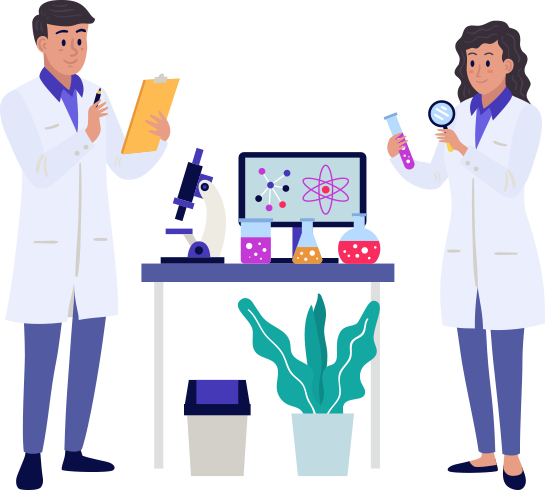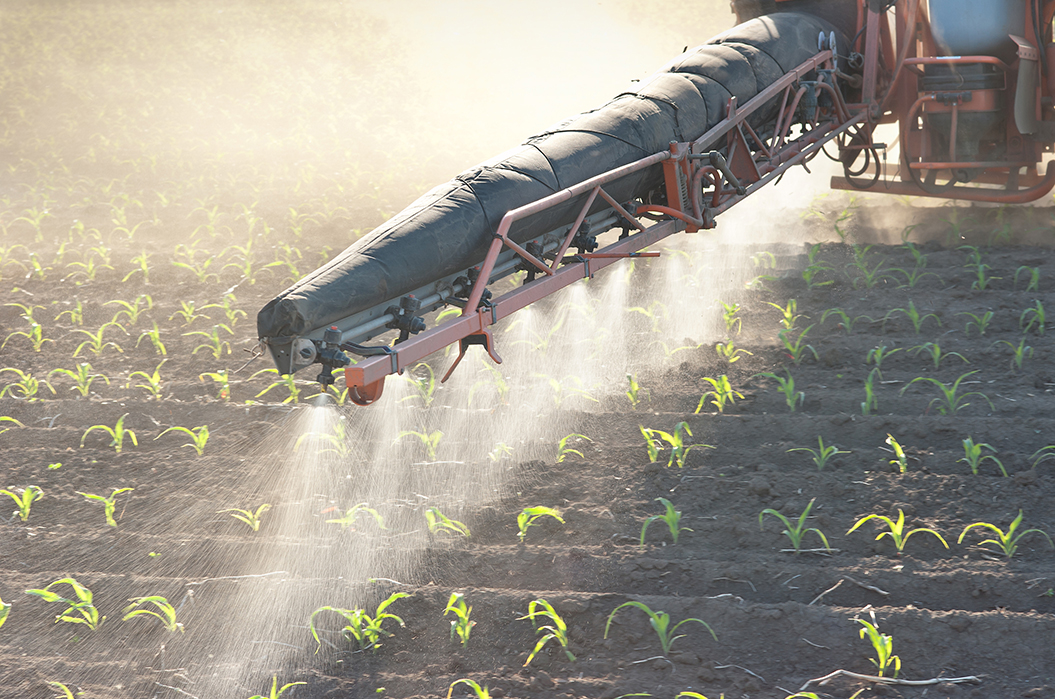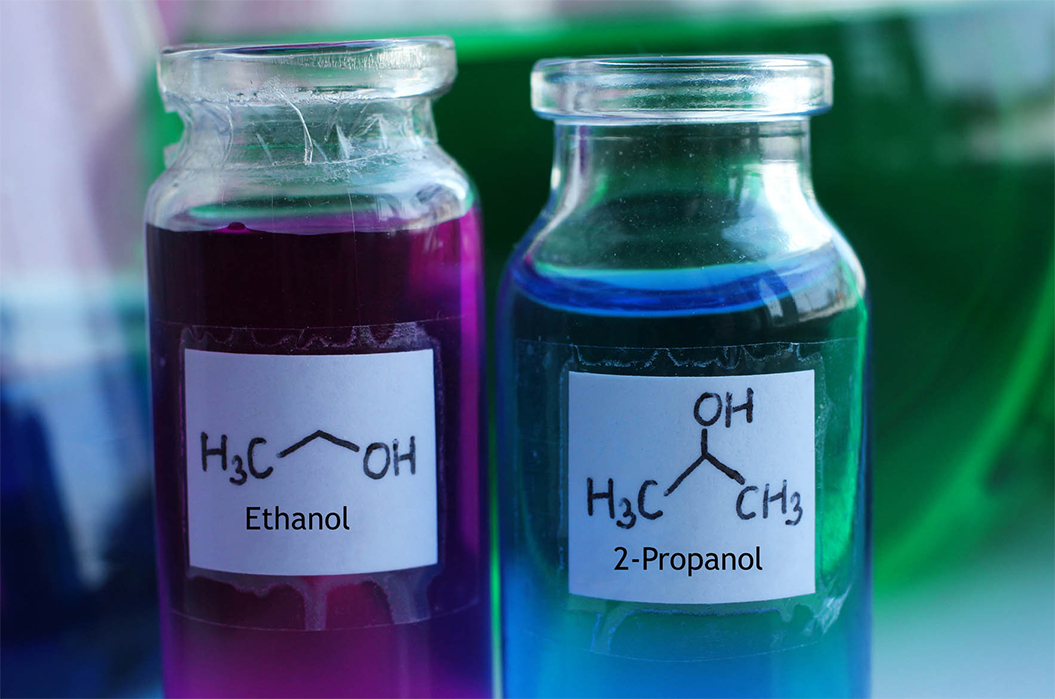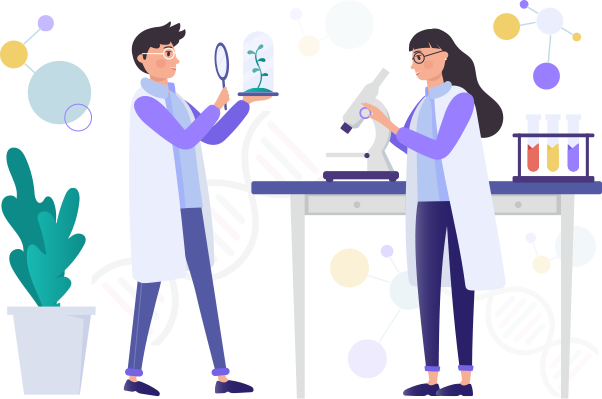
Director’s Message
On behalf of Institute of Chemical & Toxicology Research (ictr), I extend warm Greetings to all the stakeholders, student& farming community, well-wishers and the research community involved in research & developmental activities. The Institute hosts state-of-the-art research facilities. Currently, it has three main departments (Toxicological Sciences, Chemical Sciences, Bio-Sciences) and a Research & Development centre to support the requirement of these departments.
With an experience in the field of Toxicology & Chemistry analysis Services, ICTR has earned its reputation in the Indian market. Our advanced technologies and global quality systems have ensured that we stay ahead of the curve, and this has resulted in our association with some of the most reputed clients in the country and across the Globe. Our strength lies in our people. Our core team consists of individuals with profound experience and unmatched intellectual ability in their respective areas. We are a team of dedicated and motivated individuals, who integrate well to form multifunctional teams and provide uncompromising commitment to quality, cost effectiveness and efficiency in our services.
Services
- Chemistry
- Toxicology
- Genetic Toxicology
- Eco Toxicology
- Pharmacology
- Bio-efficacy
- CRM – Certified Reference Material

At Present ictr has the facilities to offer below services as per requirement of Industry and Regulatory Bodies requirements.
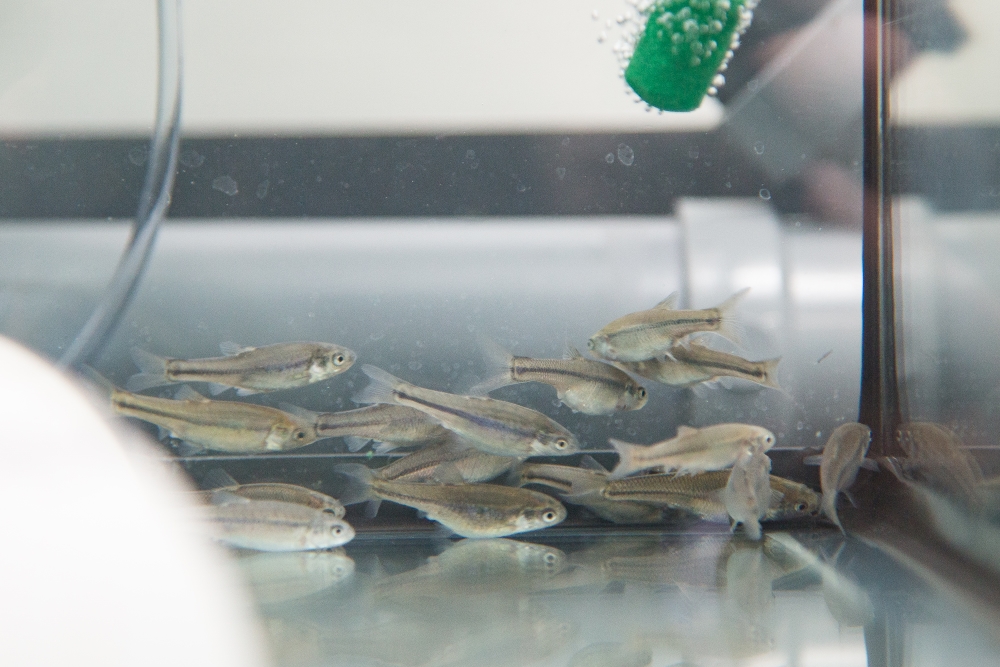
Institute followed Guidelines approved by OECD, KCR, ICH, EMEA, EPA, OPPTS, FDA and all other Indian and International regulatory guidelines for conduct of Toxicity studies on wide range of test species: Alga, Lemna, Daphnia, Fish Earthworm, Birds, Honeybees
Routes of Administration - Oral, Dermal, Inhalation, Intravenous, Intradermal, Subcutaneous, Intramuscular, Intraperitoneal, Intranasal and Ocular
Single-dose Toxicity Studies
Range-finding Toxicity Studies
Sub chronic Toxicity Studies
Chronic Toxicity Studies
Carcinogenicity Studies
Developmental and Reproductive Toxicology
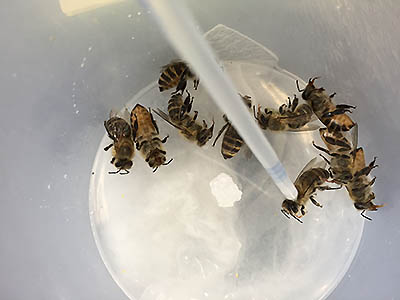
Genetic Toxicology
In vitro
In Vivo
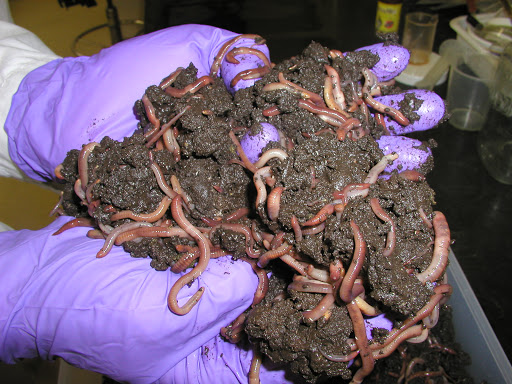
Eco Toxicology
División of Ecotoxicology at ictr has separate areas for Alga sp., Lemna sp., Fish, Honeybee, Earthworm, Daphnia and Birds experiments. All the test system is supported by culture, ino culation and quarantine rooms. Studies will be performed as per OECD GLP Principles, which includes stability, solubility, verification of dose formulation and homogeneity of the test substance. The range of studies categorized below will be carried out as per national / international test guidelines.
Aquatic Ecotoxicology
Terrestrial Ecotoxicology

Pharmacology
Coming Soon
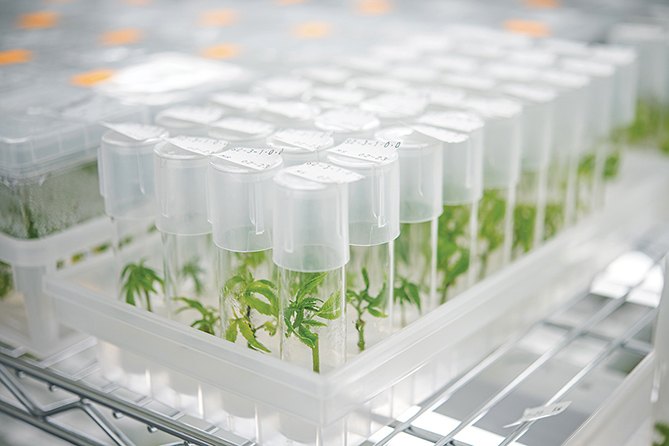
Bio-Science
Institute with the support of highly experienced Entomologist and Technical staffs is capable in evaluating the complete range of efficacy and related tests listed below as per study protocols approved by concerned regulatory authority for Agrochemicals, Fertilizers & Micro/Macro-nutrients under field conditions for its.

CRM – Certified Reference Material
Our R&D has expertise in synthesis of impurities which are required for registration. A large number of impurities have been synthesized so far. We can deliver the impurity along with characterization data, required by client. Below listed Impurities is available with Institute for further research & development.
Testing Facility
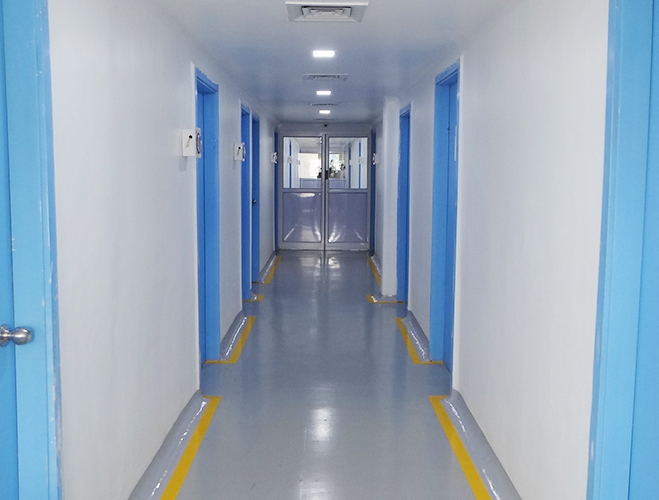
Animal use at institute is approved and monitored by an Institutional Animal Ethics Committee (IAEC) in lieu with the CPCSEA guidelines. The dedicated veterinarians directly manage husbandry practices, policies and procedures to ensure that all animal use is performed in accordance with the highest standards. We ensures that the study is designed to use minimum number of animals, without compromising on the quality of data generated and also considering the applicable regulatory requirements. Wherever possible, the principles of the 3Rs (Reduce, Refine, Replace) are practiced as a step towards animal welfare.
Species Maintained:
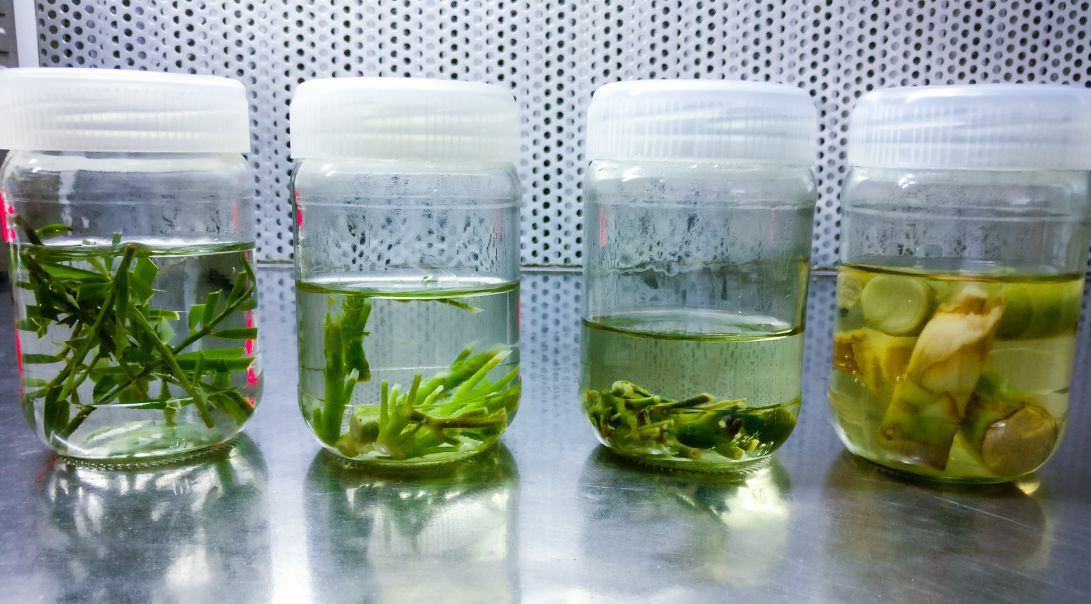
Tissue Culture
Institute has a state-of-the-art self-contained tissue culture facility that houses all equipment needed for the growth, maintenance, and analysis of cells. The facility maintains its standard as per requirements in India. The team has the capability and expertise to respond to the rapidly changing research strategies that rely on application of a vast repertoire of specialized in vitro cell culture techniques.
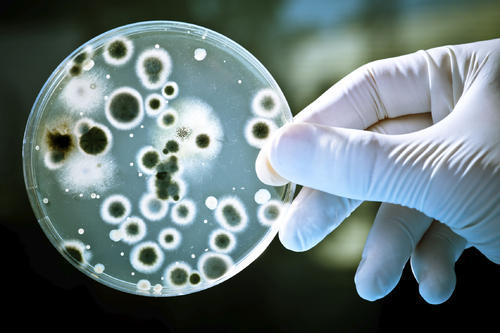
Bio-science
As in house services, through well-equipped bio-assay laboratory, green house/glass house and experimental field trials, institute is supporting industry for generation of data on bio-efficacy, phytotoxicity, compatibility, effect of pesticides on natural enemies of pests and residual aspects of pesticides.
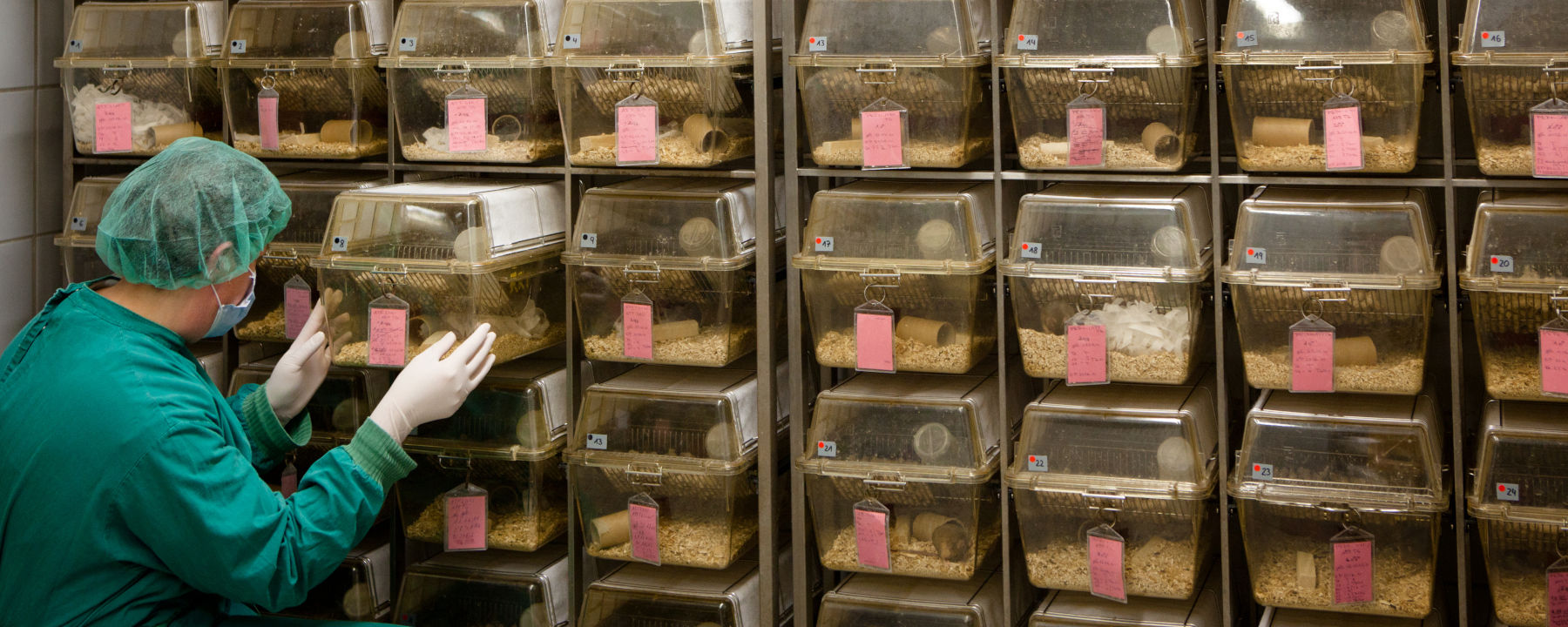
Research & Development
As per its commitment Institute of Chemical & Toxicology Research encourages and provides an excellent platform for carrying out the basic research work. Extensive research work has been undertaken by the institute scientists in the field of toxicology, bio-science and Analytical chemistry. Basic research at institute focuses in exploring and training the scientists/students on the contemporary and upcoming trends in the research field.
Research Advisory Board
Mission & Vision
Mission

Major thrust of ictr is to promote scientific research, with specific emphasis on agrochemicals, pharmaceuticals, health care and other industrial chemicals with the support of highly motivated, experienced, and young scientist who strive for excellence in their areas of research
Vision

• Providing a supportive research environment in which faculty members and research students can flourish and develop in every stage of their career. • Encouraging collaboration and partnership with other research institutes and industries, nationally and internationally. • Encouraging multidisciplinary and interdisciplinary research programmes to address many of the major challenges faced by our industry.
Memberships, Certification & Accreditations
Enquiry-Form
